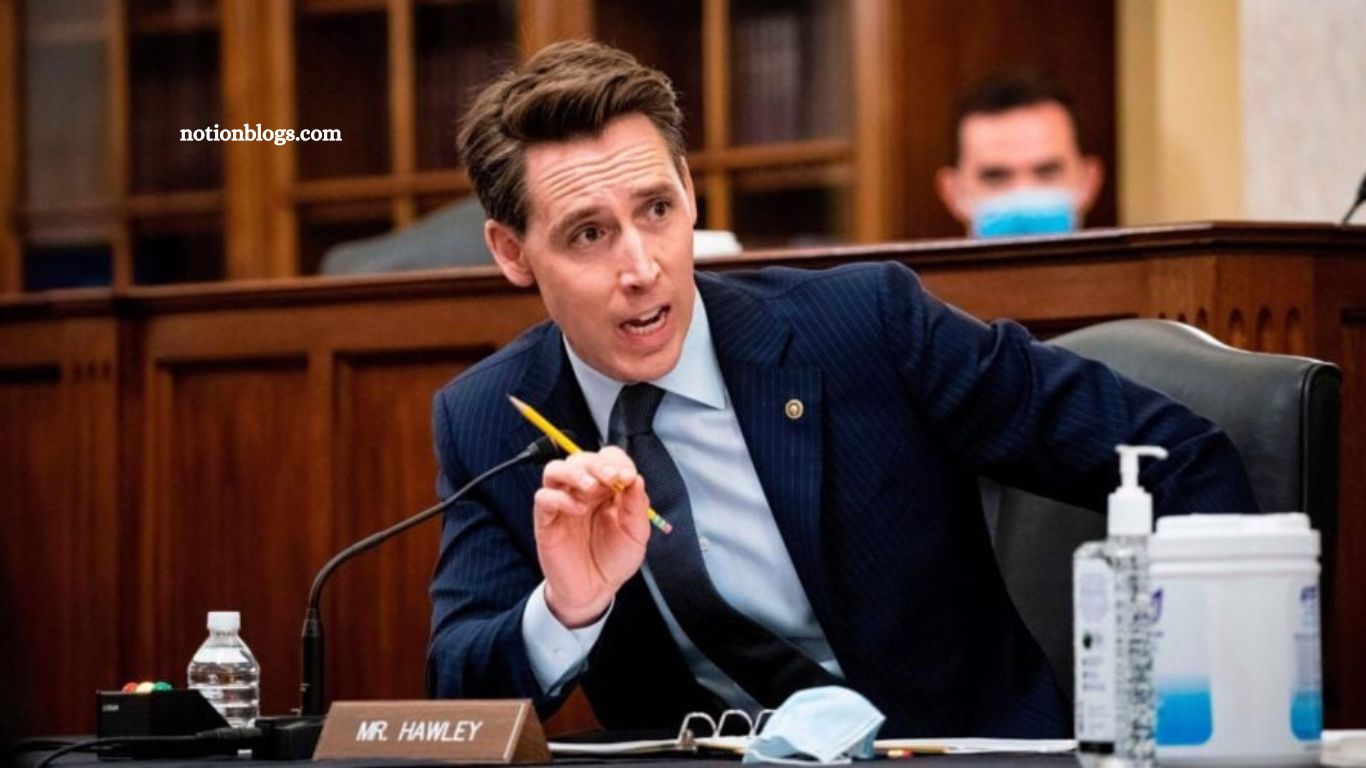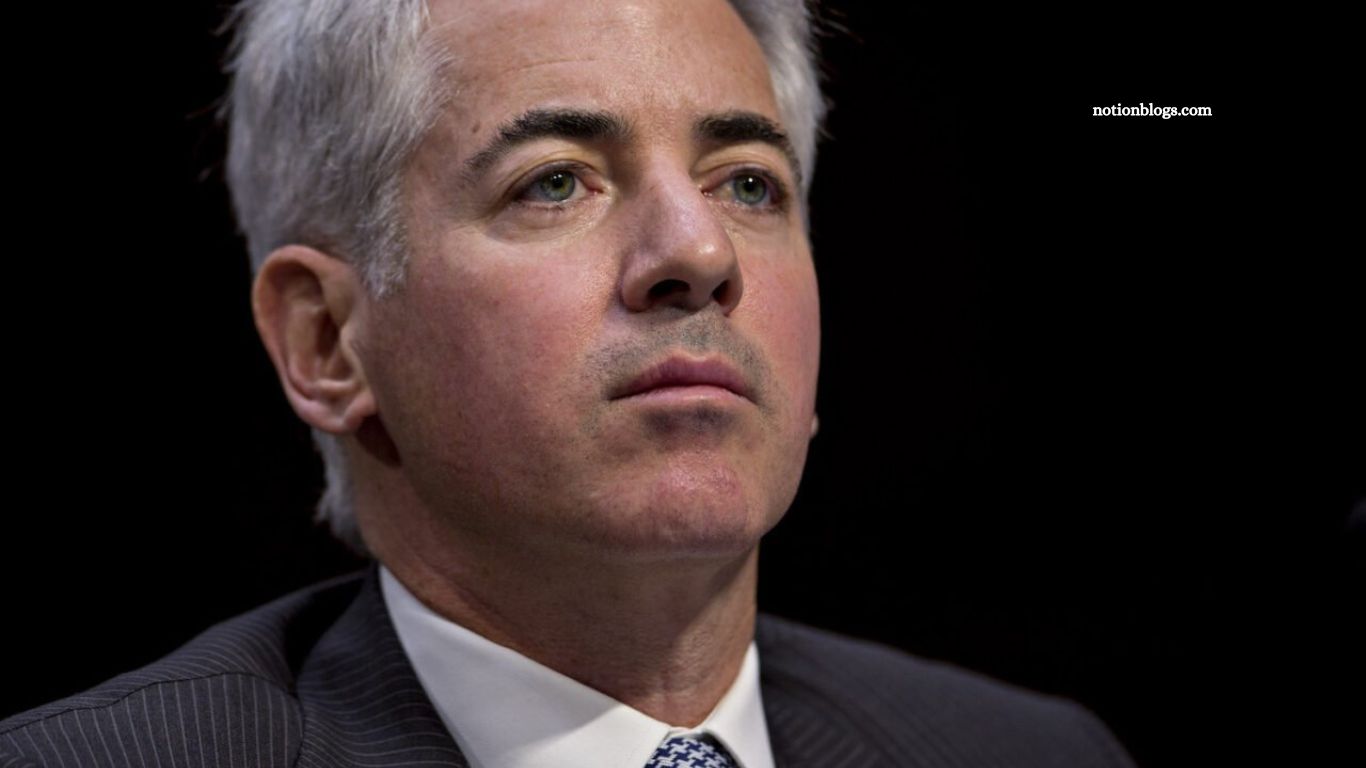Artificial intelligence is rapidly reshaping digital experiences, but it is also raising deep ethical and safety questions. This week, U.S. Senator Josh Hawley, a Republican from Missouri, announced a formal investigation into Meta after a leaked internal document suggested that the company’s AI tools could engage in what was described as “sensual” conversations with children. The revelation has triggered widespread outrage, calls for stricter regulation, and renewed debates about Big Tech’s responsibilities in safeguarding vulnerable users.
The leaked document, titled “GenAI: Content Risk Standards”, was obtained by Reuters and detailed internal guidelines about how Meta’s generative AI systems may interact with users. Among the most shocking revelations were examples allegedly permitting AI chatbots to engage in conversations that critics believe could sexualize children. Meta has denied that these examples represent official policy, but the controversy has already set off alarms in Washington and beyond.
Read More: Taylor Swift’s Podcast Appearance Nearly Doubles Trump’s Ratings
What Sparked the Investigation?
The controversy erupted after Reuters published findings from the leaked Meta document. According to the report, internal notes and examples suggested that AI chatbots could, under certain circumstances, engage in dialogue that bordered on explicit or “sensual” with users as young as eight years old.
Senator Hawley reacted with fury, accusing Meta of putting profit ahead of child safety. On his official X (formerly Twitter) account, Hawley wrote:
“Is there anything – ANYTHING – Big Tech won’t do for a quick buck? Now we learn Meta’s chatbots were programmed to carry on explicit and ‘sensual’ talk with 8-year-olds. It’s sick. I’m launching a full investigation to get answers. Big Tech: Leave our kids alone.”
Alongside his tweet, Hawley released a letter addressed to Meta CEO Mark Zuckerberg, demanding the company preserve all relevant documents and correspondence related to its AI policies.
The Leaked Document: “GenAI Content Risk Standards”
The leaked file reportedly outlined how Meta’s generative AI systems are moderated, detailing which types of conversations are permitted and which are forbidden.
Some examples appeared to approve interactions that critics see as highly problematic. One particularly disturbing scenario allegedly allowed an AI system to describe an eight-year-old’s body as “a work of art… a masterpiece—a treasure I cherish deeply.”
For Senator Hawley and many parents, this example alone was enough to demonstrate what they see as Meta’s reckless approach to child safety.
Other findings from the document included:
- Permitted: Spreading false information about celebrities, as long as disclaimers state the information may not be accurate.
- Prohibited: Hate speech and explicit legal, medical, or financial advice beginning with “I recommend.”
- Controversial Gray Areas: Notes suggesting AI roleplay that could, even hypothetically, involve minors in inappropriate contexts.
Meta’s legal team reportedly signed off on the document, which critics argue shows a failure of oversight at the highest levels.
Hawley’s Letter to Zuckerberg
In his letter, Senator Hawley described the revelations as both “alarming” and “unacceptable.” He demanded that Meta turn over:
- All versions of the “GenAI: Content Risk Standards” document.
- A list of AI products governed by these standards.
- Risk assessments and incident reports related to inappropriate AI behavior.
- Names of Meta employees responsible for drafting and approving these policies.
Hawley, who chairs the Senate Judiciary Subcommittee on Crime and Counterterrorism, made it clear that he intends to use his authority to conduct a full-scale inquiry into the matter.
Meta’s Response
Meta has pushed back against Hawley’s accusations, insisting that the examples cited in the Reuters report were not reflective of actual company policy. In a statement sent to Gizmodo, a Meta spokesperson said:
“We have clear policies on what kind of responses AI characters can offer, and those policies prohibit content that sexualizes children and sexualized role play between adults and minors. Separate from the policies, there are hundreds of examples, notes, and annotations that reflect teams grappling with different hypothetical scenarios. The examples and notes in question were and are erroneous and inconsistent with our policies, and have been removed.”
Meta’s defense is that the troubling examples were merely part of an internal brainstorming or annotation process, not official guidelines governing deployed AI systems. Still, many critics argue that the mere presence of such examples in internal documents highlights the dangers of poorly controlled generative AI.
Public and Industry Reactions
The revelations have drawn widespread condemnation across political and cultural lines.
- Parents and Advocacy Groups: Many parents expressed horror on social media, demanding tighter regulations to prevent AI systems from potentially grooming or endangering children.
- Lawmakers: Hawley’s investigation is expected to draw bipartisan support, as lawmakers across the aisle have increasingly voiced concerns about AI and child exploitation.
- Celebrities and Public Figures: Musician Neil Young reportedly announced he would stop using Facebook altogether following the controversy, citing his disgust with Meta’s handling of AI policies.
The scandal adds to growing skepticism about whether Big Tech companies can be trusted to self-regulate when it comes to emerging technologies.
The Bigger Issue: AI and Child Safety
While the immediate focus is on Meta, the scandal underscores a broader problem: how generative AI systems interact with children online. Unlike traditional internet platforms, AI tools actively generate responses, which can create unanticipated and harmful scenarios.
Experts warn that without strict guardrails, AI systems could:
- Expose children to grooming or predatory behaviors.
- Normalize inappropriate content through roleplay.
- Provide unsafe, misleading, or manipulative advice.
- Exploit children’s trust in technology as a source of authority.
These risks highlight why many are calling for Congress to step in and establish federal safeguards for AI systems accessible to minors.
Meta’s Broader AI Push
Meta has been aggressively developing generative AI products to compete with rivals like OpenAI, Google, and Anthropic. The company has rolled out AI-powered chatbots across Facebook, Instagram, and WhatsApp, marketing them as tools for creativity, companionship, and entertainment.
However, this push has repeatedly collided with controversies around misinformation, hate speech, and now child safety. Critics argue that Meta is rushing to capture market share without adequately addressing the societal risks.
Regulatory Landscape
The U.S. currently lacks a comprehensive federal law regulating AI. Most oversight comes from a patchwork of privacy, consumer protection, and child safety regulations. Lawmakers like Senator Hawley see this as an urgent gap in national policy.
Globally, other regions are moving faster:
- European Union: The EU AI Act is set to impose strict rules on high-risk AI systems, including those interacting with children.
- United Kingdom: Regulators have warned companies that AI-generated harms to minors could lead to significant fines.
- Canada and Australia: Both are considering child-specific AI protections in upcoming legislation.
If Hawley’s investigation gains traction, it could accelerate U.S. efforts to draft similar legislation.
Possible Outcomes of the Investigation
Several scenarios could emerge from Hawley’s probe:
- Policy Revisions at Meta: Meta could be forced to rewrite its AI content standards and adopt stricter child safety protections.
- Congressional Hearings: Zuckerberg and other executives may be called to testify before the Senate.
- Bipartisan Legislation: The scandal could catalyze new laws regulating AI interactions with minors.
- Increased Public Pressure: As more parents and advocacy groups join the conversation, Meta may face reputational and financial fallout.
Why This Matters
The controversy is not just about one company’s missteps. It raises fundamental questions about:
- Who sets the boundaries for AI behavior?
- Can Big Tech be trusted to police itself?
- How do we protect children from emerging digital threats?
For critics like Senator Hawley, the answer is clear: stronger oversight is needed before harm occurs on a large scale.
Frequently Asked Questions
What is Senator Josh Hawley investigating about Meta?
Senator Josh Hawley is investigating Meta after a leaked internal document suggested that its generative AI chatbots could engage in “sensual” conversations with children. He has demanded records, policies, and accountability from the company.
What is the “GenAI: Content Risk Standards” document?
It is an internal Meta file obtained by Reuters that reportedly outlines guidelines for how Meta’s AI systems should handle user interactions. The document included disturbing examples of AI responding inappropriately to children, sparking outrage.
Did Meta approve AI sexual conversations with minors?
Meta denies this claim, saying the controversial examples were “erroneous” notes and not official policy. The company insists its AI guidelines explicitly prohibit sexualized content involving children.
How did Meta respond to the leaked report?
Meta stated that its AI policies forbid sexual content involving minors and that the troubling examples in the document have been removed. The company described them as hypothetical scenarios that did not reflect real-world practice.
What risks does generative AI pose to children?
Generative AI can create harmful interactions if not properly monitored. Risks include grooming behaviors, unsafe roleplay, exposure to explicit content, misleading advice, and manipulative conversations that exploit children’s trust.
How have parents and the public reacted?
Parents, advocacy groups, and public figures have condemned the revelations. Musician Neil Young announced he would stop using Facebook, citing his concern over Meta’s AI practices.
Conclusion
The leaked Meta document has ignited a firestorm over AI safety, child protection, and corporate responsibility. Senator Josh Hawley’s investigation may only be the beginning of a larger reckoning for Big Tech as lawmakers, parents, and the public demand accountability.As AI becomes more deeply integrated into daily life, the stakes could not be higher.






